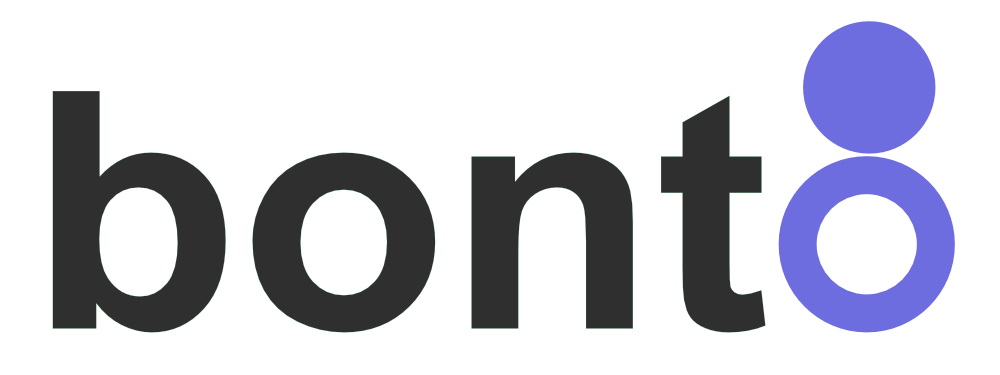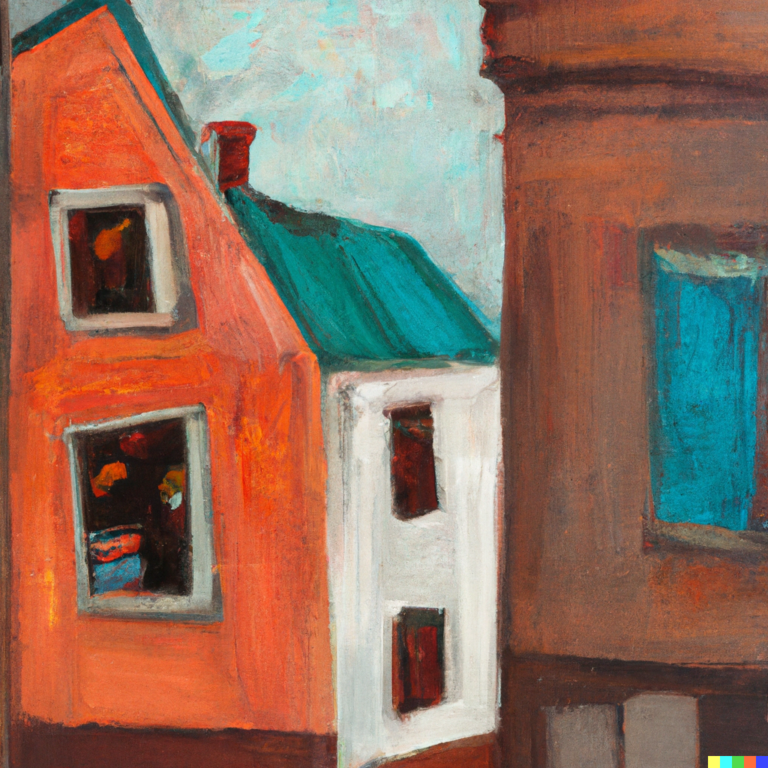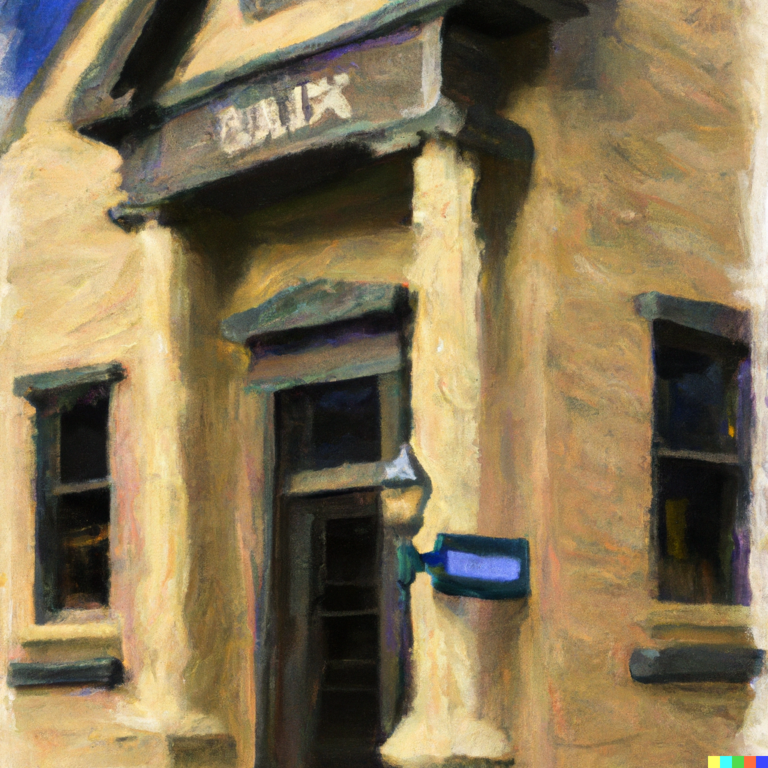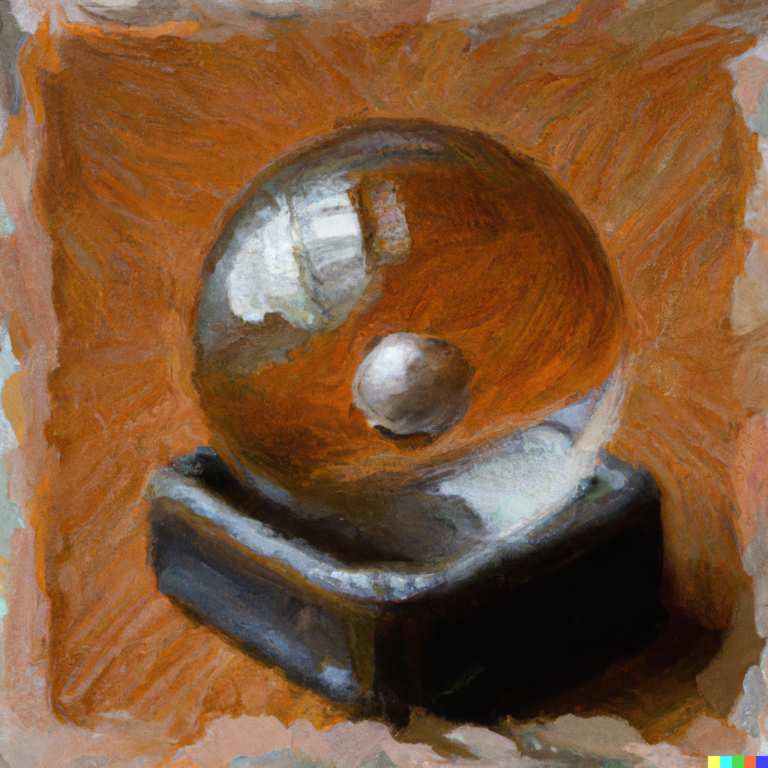
Credit score
A credit score is a numerical representation of an individual’s creditworthiness, based on their credit history. Credit scores are used by lenders to determine the likelihood that a borrower will repay a loan on time and are used to determine the terms of a loan, including the interest rate.






